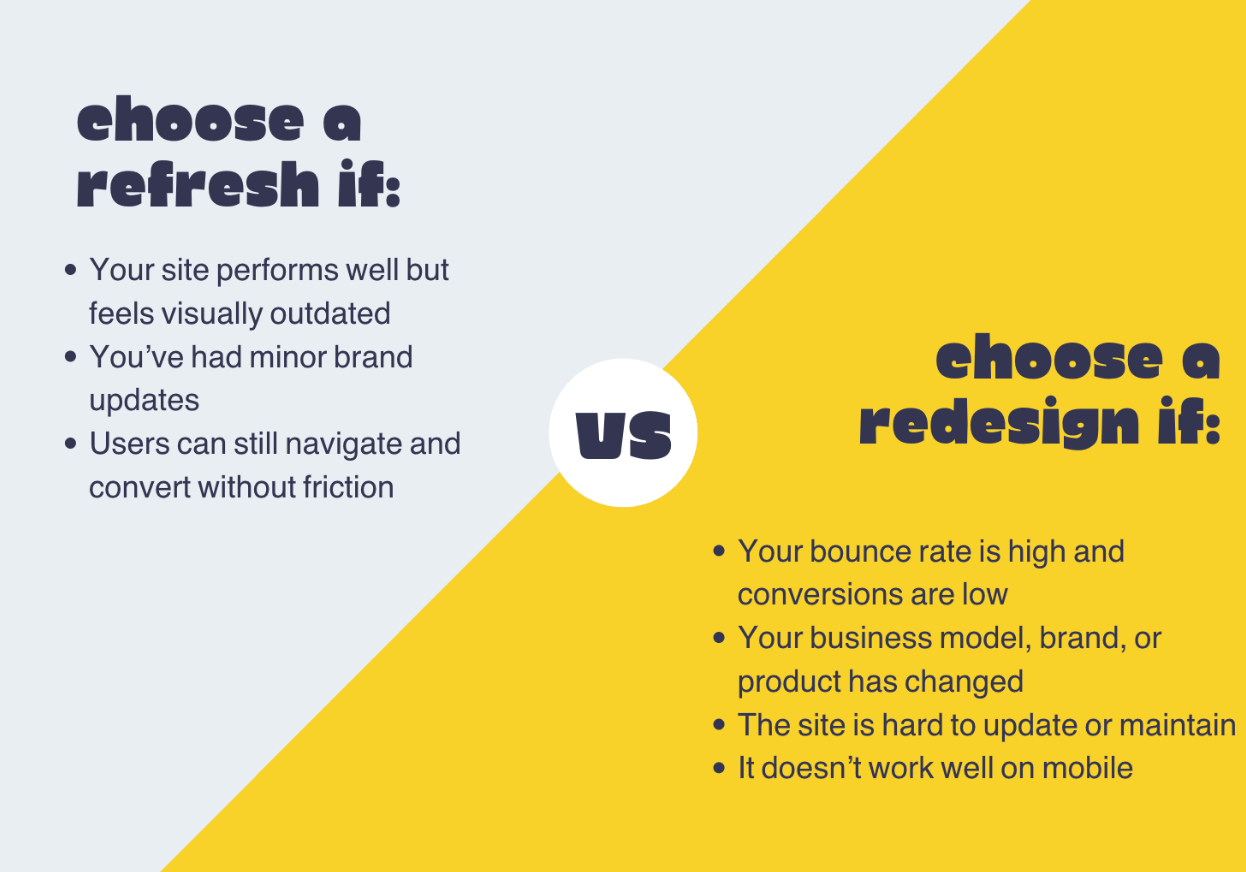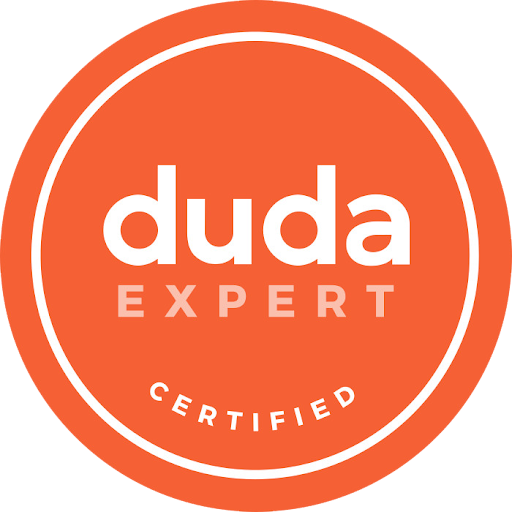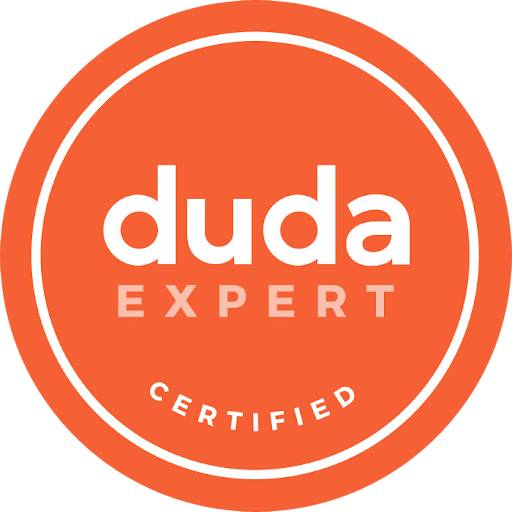The End of Google+: Why did Google+ shut down?
In October 2018 Google made a stunning announcement that they’re finally shutting down Google+ for consumers. This social platform was supposed to be Google’s version of Facebook and to compete with the largest social network in the world but it never managed to live up to its potential.
The biggest problem with Google+ was that users simply didn’t respond to it. During its history, the majority of sessions lasted for 5 seconds or less. The level of activity was never on the same level as some other social platforms. Furthermore, the social platform didn’t provide any significant unique features and because of that, it didn’t stand any chance competing with other established platforms such as Facebook or LinkedIn.
But, there is more to this story than simply bad performance.
Why did Google+ shut down?
At one point, there were certain security issues with Google+ Application Programming Interface (API). Unfortunately, the company didn’t react by remedying the issue; instead, they decided to shut down the platform altogether.
In March of 2018, a bug was discovered within the API of Google+. Due to this bug, users were able to access the private data of other users. Some of the things which you could access included name, gender, occupation, email, and age.
Google didn’t react appropriately to the crisis. First, the whole issue was avoided without notifying the consumers. Up to this day, we don’t know who was affected and to what extent. Needless to say, such an enormous oversight could lead to a massive, global data breach.
Although the issue was enormous, Google+ can still be used by companies. The Enterprise feature is still there and according to the company; it is one of the best internal social platforms on the market. Google wants to continue working with Enterprise by providing some additional features to people who are regularly using it.
Interestingly enough, the company representatives cite that bad performance is the main reason why the other part of the social platform was shut down. There is no mention of a security issue in the public address.
How users reacted to the news
Regardless of platforms performance, there are a lot of users who were unhappy with the news. Like all other social media, there are certain things that make it better than other platforms even though Google+ never managed to achieve such popularity as some other social networks. Basically, it was never “social enough” to be characterized as a good social network.
One of the biggest issues people had was the fact that Google didn’t handle the situation properly. For example, part of the users criticized the company by saying that the shut down should have been announced earlier; instead of making it an overnight occurrence. Some of them were making content for months only to discover their effort was for naught.
In general, users were very disappointed by the company which led to a wave of distrust. Even though the business is going well for them, Google is no longer seen as an innovative giant it once was. Nowadays, most of their projects and products are based on technologies that other companies already invented. Google+ was another example of how the company botched at being inventive.
This also raised certain questions about social networks in general. You have to understand, there are a lot of people who are running their companies through these systems. The promotional value of every platform is immeasurable and once a platform goes down, it sends shockwaves within the economy.
Furthermore, it also shows the fact that both users and companies are totally defenseless in such situations. Our lives are revolving around these networks, both professionally and privately, and once a platform takes such a big hit, we all feel it.
Hopefully, this whole episode with Google+ can serve as a cautionary tale that will teach us not to rely too much on others for entertainment, communication, and lifestyle. As we can see, all of that can disappear within a week, leaving us naked in the process.

Ellan Dineen is the Marketing Associate at Design Wizard. When she’s not hard at work in the Marketing Department, Ellan can be found en route to foreign lands with a book in her hand and a podcast in her ear. With a Master’s in English and Diploma in Social Media Marketing, she knows the importance of staying up-to-date with the industry’s latest trends and insights and is keen to pass these tips on to her readers.
The post The End of Google+: Why did Google+ shut down? appeared first on Olive Street Design.



















